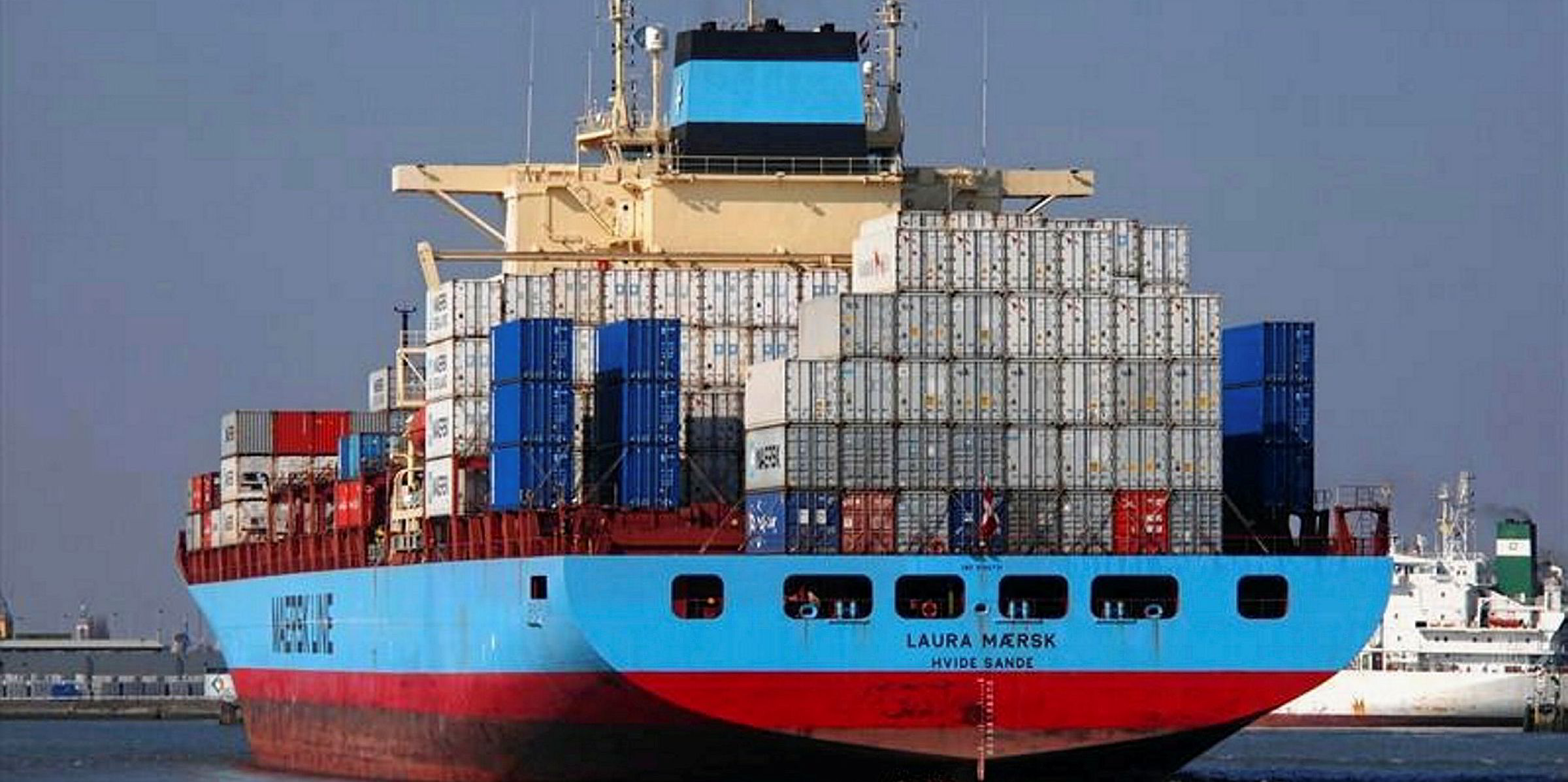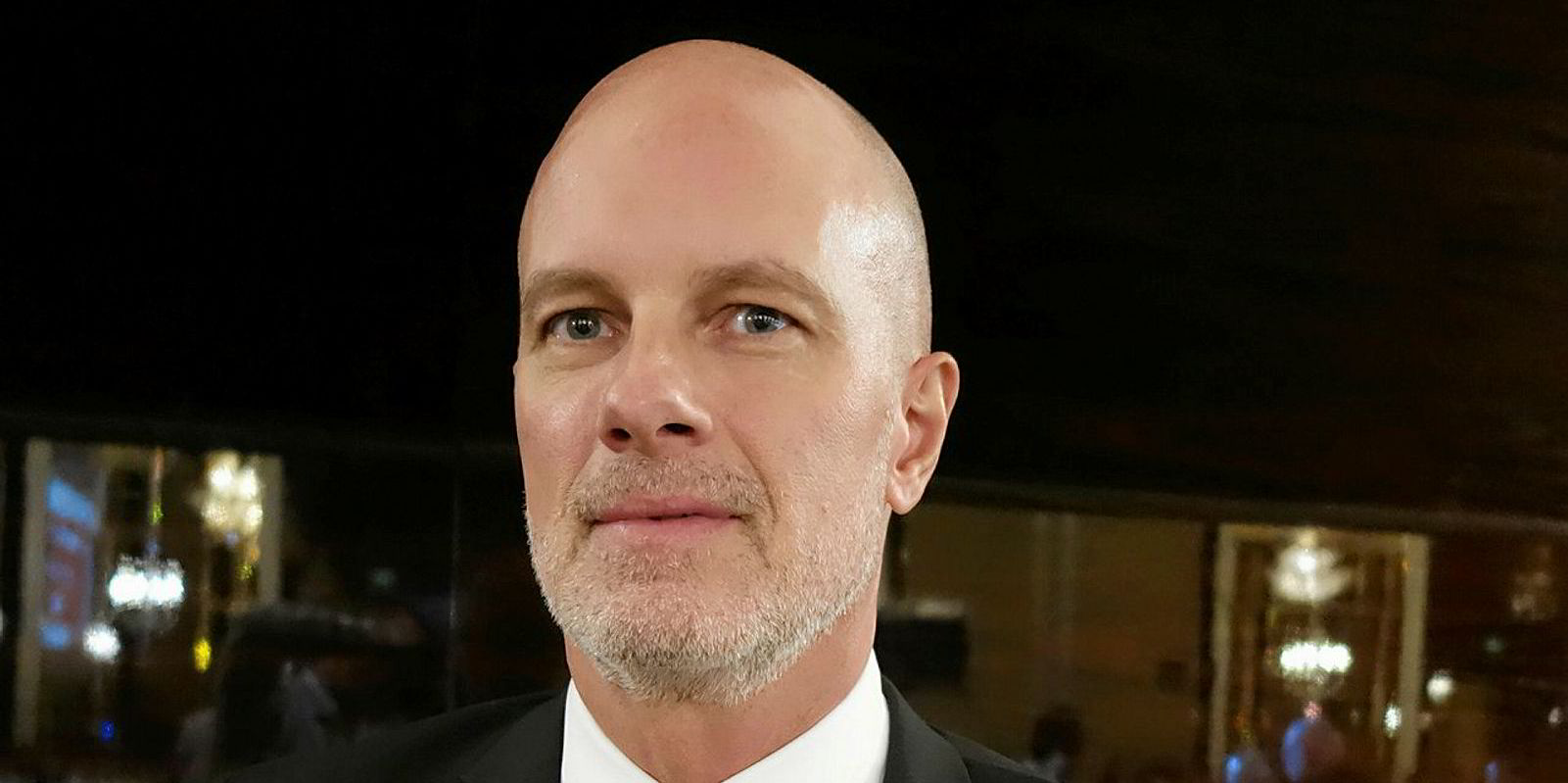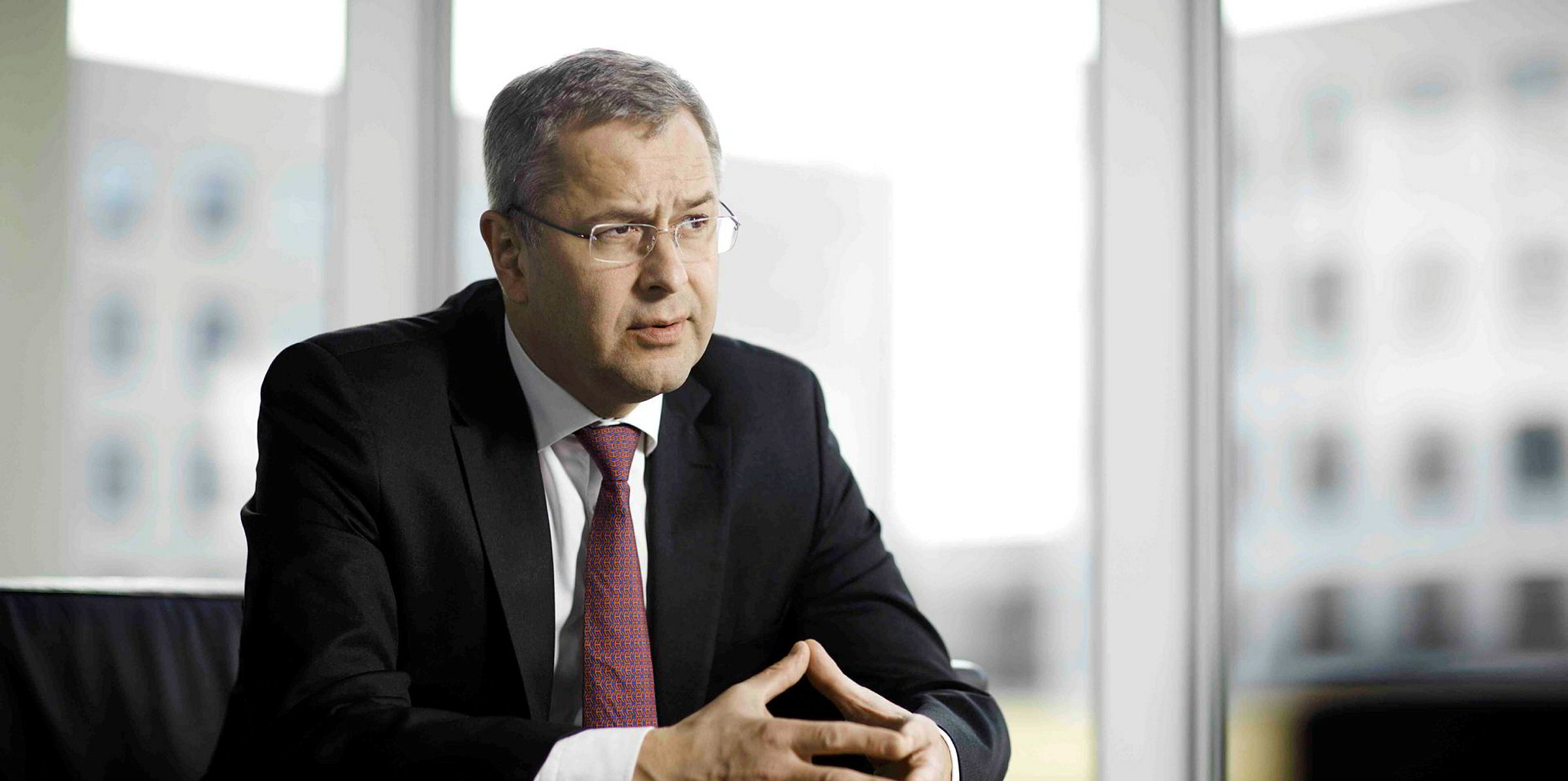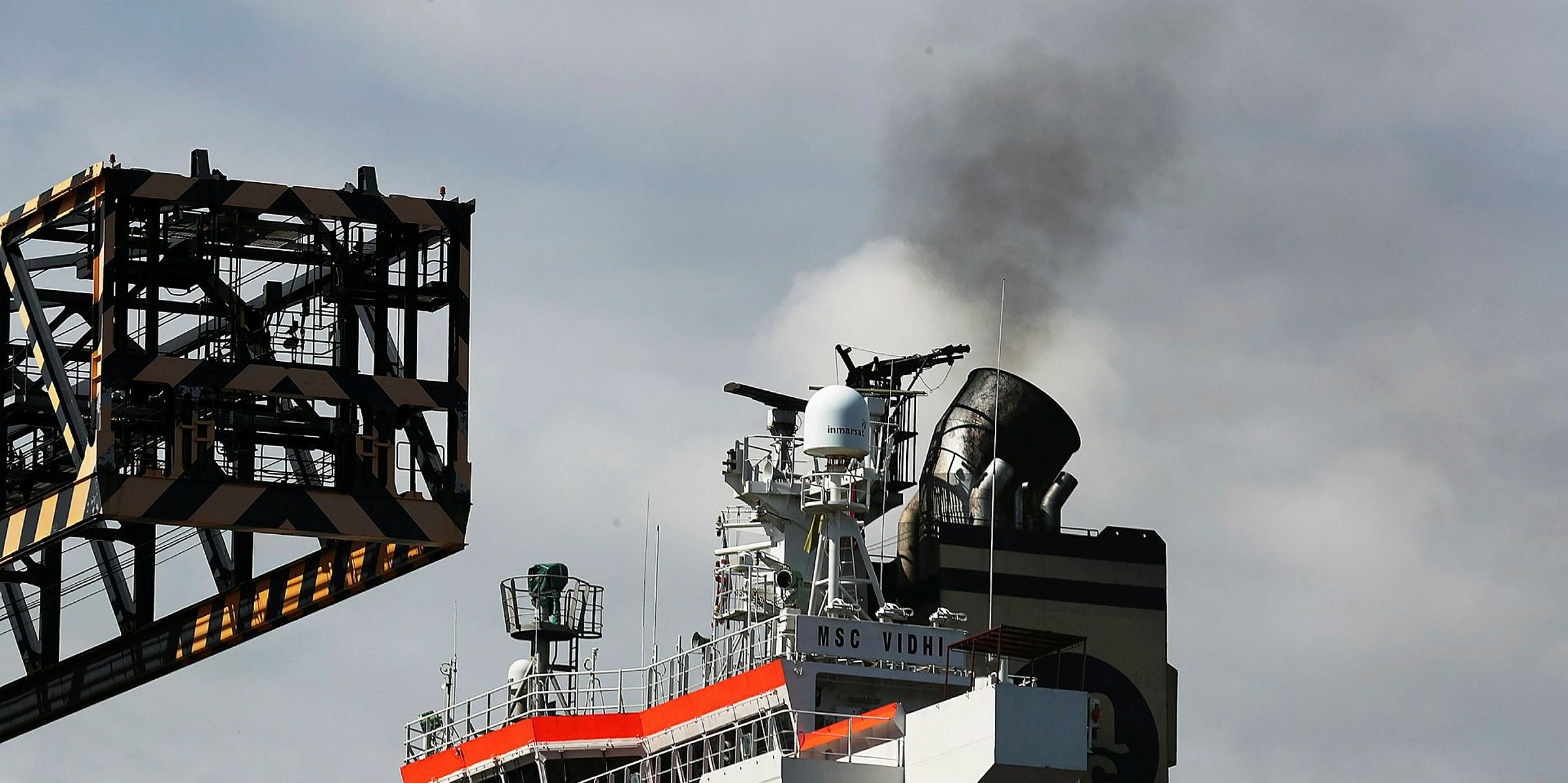When the industry’s best-known container line puts its faith in renewable methanol to power a share of its future fleet, we know something has changed in the conversation around decarbonisation.
The news that AP Moller-Maersk will partner with DSV Panalpina, DFDS, SAS and Orsted in the development of a plant to produce green hydrogen for motor vehicles and green methanol for ships illustrates that the shipping giant is prepared to take steps to secure its future fuel supply chain.
For methanol as marine fuel, this is not yet a tipping point perhaps, but it is a clear signal of intent — one that others will inevitably have to consider.
It’s a typically bold move from Maersk but atypical of the industry as a whole, which was grappling with the existential threat of decarbonisation long before Covid-19 shortened the strategy horizon to weeks and months rather than years.
There are exceptions but in the main, the industry appears to be working on the principle that if it talks the talk on sustainability, then somehow the fuels – not to mention the vessel designs – will be available at scale in good time to comply with IMO regulations.
That assumption would be incorrect.
ABS survey
This was illustrated very neatly by the recent survey for classification society ABS, which found that while nearly 60% of respondents said they viewed hydrogen and ammonia as the most attractive fuel choices in the long-term, nearly two thirds of them currently have no decarbonisation strategy in place.
The contradiction is hardly surprising; the previous pattern for regulatory compliance normally involves a process of denial, can-kicking, followed by acceptance and compliance.

Decarbonisation is different. It is not IMO 2020. It is not Common Structural Rules or even ballast water management. It means a complete change of mindset, probably a new business plan and a different operational profile.
What it cannot mean is business as usual until December 2029, which is what Maersk and its partners have recognised. If the fuels of the future are going to be available at the scale required, by the time we need them, we had better start developing them now.
Start now
The process can begin today. The transition for shipping can start now by using conventional methanol as a fuel and then introducing renewable Methanol as production matures at industrial scale – as Maersk and partners are leading – following a similar “cost-out journey” as we’ve seen with renewable energy technologies over the past decade.
This needs more vision than the industry has displayed until now and a more realistic approach. There will be other drivers, not least the Poseidon Principles which will prod and push owners in the right direction with a proven combination of carrot and stick.
More than anything it does not mean that shipowners can sit and wait for ammonia and hydrogen to present themselves as ready-made solutions. As has been observed on several occasions the odds are if not stacked against these options, then at least heavily weighted in favour of the alternatives.0
The interest in hydrogen and ammonia is led by a simplistic view that since these molecules contain no carbon atoms they offer the promise of zero carbon shipping. The industry has not spent a lot of time studying what is required to adopt either, because if it had, I doubt the percentage of positive responses to the ABS survey would have been that high.
One thing we can be assured of is that there will no cheap marine fuels in future. Another is that the fuel supply chain will look completely different – starting with chemical plants rather than refiners and moving all the way to shipside delivery.
But if the industry still believes it can somehow take the path of least resistance to a decarbonised future, then it needs to understand that no easy options exist.
When the calculations are done, it could be that many more realise a future built on liquid fuels like green methanol that can be stored and handed safely and easily is not one that simply materialises out of vapour. It must be worked towards in partnership and invested in; because it is too important to leave to chance.
Chris Chatterton is chief operating officer of The Methanol Institute
Do you have an opinion to share? Send details to news@tradewindsnews.com







